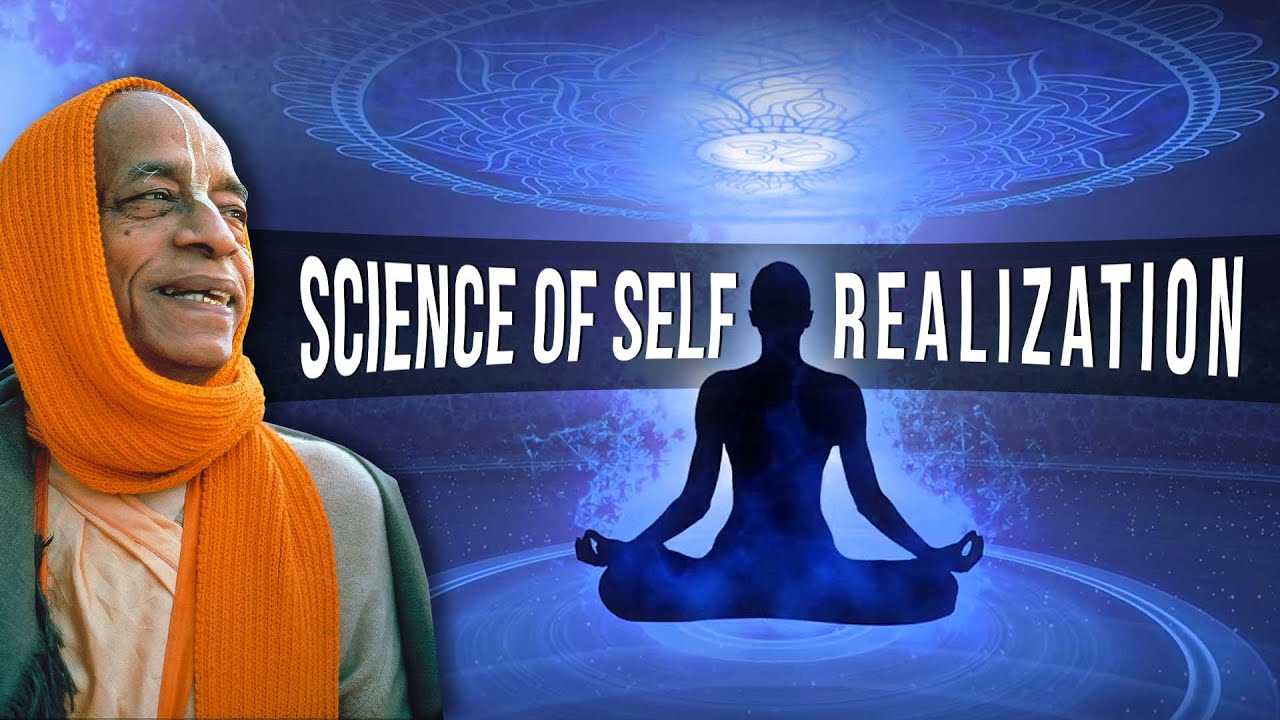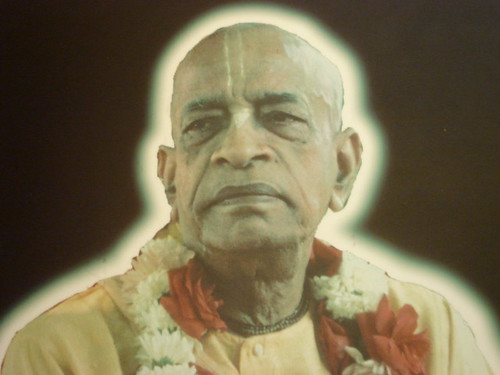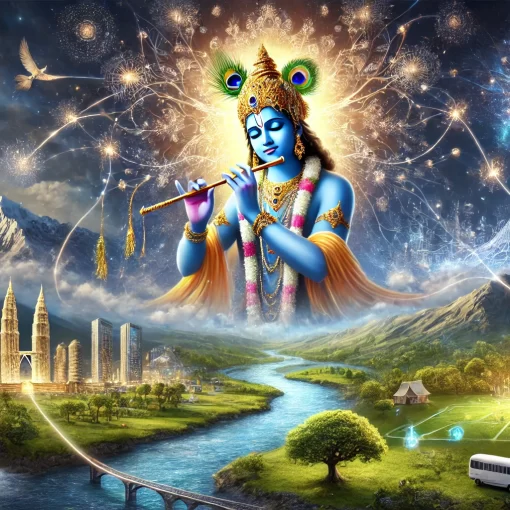Who am I? This question, profound in its simplicity, has haunted humanity for millennia. It is not merely an academic inquiry but the foundation of our existence, influencing every decision and belief we hold. Yet, in a world preoccupied with appearances and fleeting achievements, this question often gets buried under the noise of daily life.
The Bhagavad-gita, a timeless spiritual text, offers a clear and transformative answer: we are not the body, nor the mind. We are the eternal atman—the soul. This realization, known as self-realization, is the essence of spiritual wisdom and the key to lasting peace and fulfillment.
The Illusion of Identity
From the moment we are born, we are taught to identify with our body and mind. Our gender, race, nationality, and social status become the labels through which we navigate the world. But as the Bhagavad-gita explains, this identification is an illusion—maya.
Krishna says:
“As the embodied soul continuously passes, in this body, from boyhood to youth to old age, the soul similarly passes into another body at death. The self-realized soul is not bewildered by such a change.” (Bhagavad-gita 2.13)
This verse reminds us that the body is ever-changing, like a garment we wear for a while before discarding it. The true self, however, remains constant—eternal, unchanging, and beyond material nature.
The Nature of the Soul
The Bhagavad-gita describes the soul as:
- Eternal (nitya): The soul does not die when the body dies. It is timeless, existing before birth and after death.
- Indestructible (avinashi): No weapon can harm the soul, no fire can burn it, and no water can wet it. (Bhagavad-gita 2.23)
- Conscious (cetana): Unlike inert matter, the soul is the source of consciousness that animates the body.
Understanding this nature is the beginning of self-realization. We are spiritual beings temporarily residing in a physical form. This awareness shifts our focus from fleeting material pursuits to the eternal, spiritual journey.
The Mind: A Double-Edged Sword
If the soul is who we are, where does the mind fit in? The Gita explains that the mind is a tool—powerful yet potentially dangerous. Krishna advises:
“For him who has conquered the mind, the mind is the best of friends; but for one who has failed to do so, his mind will remain the greatest enemy.” (Bhagavad-gita 6.6)
The mind can be a bridge to self-realization or a barrier. When controlled through spiritual discipline, it becomes a conduit for divine understanding. When left unchecked, it traps us in cycles of desire, fear, and attachment, obscuring the soul’s true nature.
Self-Realization Through Krishna Consciousness
How, then, do we break free from this illusion and realize our true self? The path of Krishna consciousness provides a systematic approach:
- Chanting the Holy Names: The Hare Krishna mantra—Hare Krishna Hare Krishna, Krishna Krishna Hare Hare, Hare Rama Hare Rama, Rama Rama Hare Hare—is a direct connection to the Divine. Chanting purifies the mind and awakens the soul’s inherent love for Krishna.
- Engaging in Devotional Service: Every action, when offered to Krishna with love and devotion, becomes a means of spiritual progress. Cooking, working, or even walking can be transformed into acts of worship.
- Studying the Scriptures: The Bhagavad-gita and Śrīmad-Bhāgavatam offer profound insights into the nature of the soul and its relationship with Krishna. Regular study strengthens our spiritual understanding.
- Satsang (Association with Devotees): Surrounding ourselves with spiritually inclined individuals inspires us to stay focused on the path of self-realization.
- Surrender to Krishna: Krishna assures Arjuna—and all of us:
“Abandon all varieties of religion and just surrender unto Me. I shall deliver you from all sinful reactions. Do not fear.” (Bhagavad-gita 18.66)
This surrender is the culmination of self-realization—a heartfelt recognition that we are eternally connected to Krishna as His servants.
The Freedom of Knowing Who You Are
Imagine living without fear of death, without anxiety over temporary setbacks, and without envy or anger. This is the freedom that comes from self-realization. When we know that we are not the body or the mind, the world’s dualities—happiness and distress, success and failure, praise and criticism—lose their grip on us.
Śrīla Prabhupāda, the founder of ISKCON, often emphasized this point. He taught that self-realization is not about renouncing the world but about seeing it for what it truly is—a temporary stage for the soul’s eternal journey.
Stories of Transformation
The path of self-realization has transformed countless lives. Take the story of Dhruva Mahārāja, a young boy who sought material wealth but, through devotion, attained the eternal kingdom of God. Or the tale of Arjuna, who overcame despair and confusion by surrendering to Krishna’s guidance.
Even in modern times, many have found solace and purpose in Krishna consciousness. A young professional shared, “Before discovering Krishna consciousness, I was chasing achievements, feeling empty even when I succeeded. Now, I understand that my worth lies not in what I do but in who I am—a soul connected to Krishna. It has changed my life.”
An Invitation to Begin
The journey of self-realization is not reserved for monks or scholars. It is for everyone—for you. Start small. Set aside time each day to chant, meditate, or read the Bhagavad-gita. Reflect on the question, “Who am I?” and let Krishna’s words guide you to the answer.
Krishna assures us:
“Even a little progress on this path can protect one from the most dangerous type of fear.” (Bhagavad-gita 2.40)
This path is not about perfection; it’s about connection. Each step brings you closer to understanding your eternal nature and your relationship with the Divine.
Closing Thoughts
In a world obsessed with outward appearances, the Bhagavad-gita invites us to turn inward. It reminds us that we are not merely bodies destined for decay but souls brimming with potential for eternal joy and love.
The science of self-realization is not just philosophy—it is a way of life. Embrace it, and discover a peace that no material success can offer, a fulfillment that no worldly pleasure can match.
As Krishna lovingly told Arjuna, so He tells us: “You are mine, eternally.”
Let these words guide you home to your true self.




